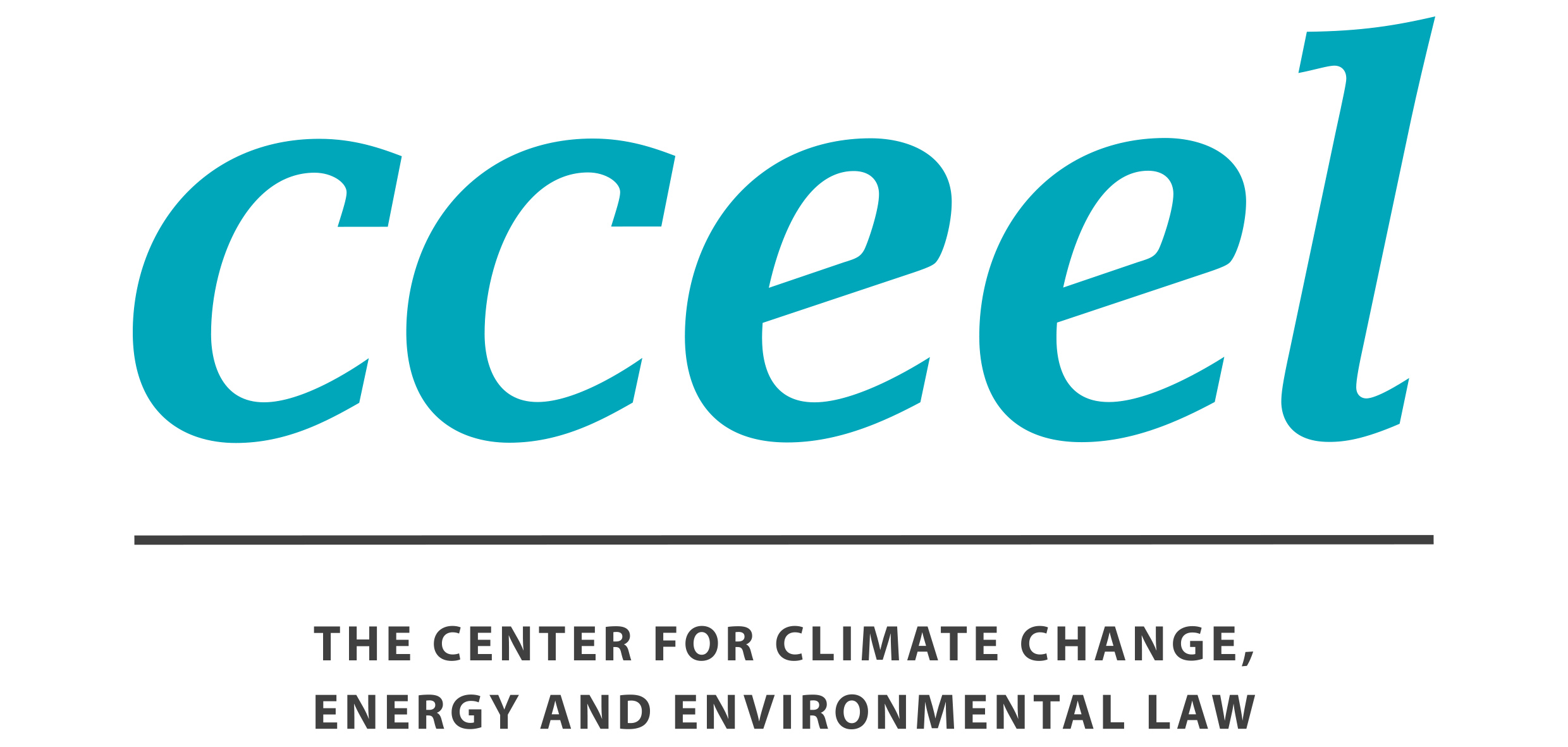Reconciling trade measures with development and sustainability concerns: The case of process and production methods

By Kateryna Holzer, Senior Researcher
This blog draws on the author’s entry in the upcoming second edition of Elgar Encyclopedia of International Economic Law
Trade measures taken to address air pollution, climate change, animal welfare, child labor and other non-trade-related public policy concerns are often set in relation to process and production methods (PPMs), i.e. the ways, in which products are produced or processed or natural resources are extracted or harvested. PPM-related measures can be appropriate tools of legitimate public policies, for they can discourage harmful ways of production or, conversely, incentivize the adoption of more sustainable technologies. The imposition of PPM measures is largely driven by consumer demand in developed countries, where consumers increasingly make their purchase decisions not only based on price or quality considerations but also taking into account the impact of their consumption on the environment, human rights and public morals. Consequently, trade liberalization is nowadays accompanied by a stronger degree of trade regulation, with PPMs being an important part of it. This blog post explains the PPM debate in international trade law and highlights the challenges of balancing economic, social and environmental dimensions of sustainable development in the case of PPMs.
Product-related vs. non-product-related PPMs
There is no internationally agreed legal definition of PPM measures; at the same time, trade law experts distinguish between product-related and non-product-related PPMs. This distinction is based on the different impact of PPMs on physical properties of the product. The impact on physical properties of the product, in its turn, has a clear bearing on the analysis of product likeness used for the assessment of compliance of measures with non-discrimination rules of the World Trade Organization (WTO).
Product-related PPMs (pr-PPMs) are production methods, including inputs used in the production process that change the product’s physical characteristics. Because pr-PPMs leave traces in final products, they are also called “incorporated PPMs”. For instance, a tax imposed on certain chemical substances contained in products is an example of measures linked to pr-PPMs. This is because chemical substances added as inputs in the manufacturing of products can be revealed in the products and result in distinctive physical properties of the products. Pr-PPMs often address consumption externalities, that is, environmental effects or health impacts, which manifest themselves during the consumption of products. A typical example of pr-PPMs in this respect is a food safety standard that dictates permissible pesticide residue levels for vegetables.
Non-product-related PPMs (npr-PPMs) are production methods that do not change the physical characteristics of final products. They are also called “unincorporated PPMs”, because they cannot be traced in final products. Unlike pr-PPMs, which mainly address consumption externalities, npr-PPMs address production externalities – moral, social or environmental effects of the production process. Examples of such measures include a country’s standards of laying hen welfare for eggs, label schemes ensuring the payment of fair prices to producers of bananas and other agricultural commodities in developing countries, or electricity taxes differentiated according to the fuel source. Npr-PPMs and their legal status has recently attracted new attention in the context of the EU carbon border adjustment mechanism (CBAM) that will impose an obligation to purchase emission certificates corresponding to the quantity of greenhouse gas emissions embedded in imported products.
Legality of PPMs under WTO law
In the past, trade measures linked to PPMs were viewed as measures that either fall outside the scope of provisions of the General Agreement on Tariffs and Trade (GATT) or violate them. Such a perception of PPMs under GATT/WTO law has become part of the so-called “product-process” doctrine, under which it was considered to be illegal to make distinctions on the basis of npr-PPMs, which do not change physical properties of products. This is due to the fact that according to the approach followed by WTO adjudicative bodies when determining the likeness of products for the purposes of judging the compliance with non-discrimination rules, products with the same physical qualities, consumer preferences, end-uses and tariff classification are considered to be like products and, as such, must not receive a less favourable treatment as a result of the imposition of tariffs, taxes and other regulatory measures. Regulatory discrimination between like products of different origin leads to a violation of the most favoured nation (MFN) provision, while discrimination between foreign and like domestic products results in a violation of the national treatment (NT) obligation.
The beliefs about npr-PPM illegality were supported by early GATT/WTO case law. At the beginning of the 1990s, the GATT panel in US-Tuna (Mexico) had to decide on two disputes related to npr-PPMs. The findings of the panel confirmed the then-prevailing opinion of non-acceptability of measures linked to the production methods which do not influence the physical characteristics of a product.[i] However, since the late 1990s, WTO adjudicative bodies have started developing more tolerant views on the use of npr-PPMs. The new perception of npr-PPMs has been formed in the wake of Shrimp/Turtle. The Shrimp/Turtle dispute made clear that even if measures linked to npr-PPMs violate rules of the GATT, they might still be justified under the general exception clauses of GATT Article XX. GATT Article XX provides exceptions from GATT rules for measures taken with moral, health, environmental and other public policy objectives, provided that all the conditions under Article XX (especially what concerns arbitrary and unjustifiable discrimination) are met. Such a perception of the status of npr-PPMs under the GATT still persists today. At the same time, growing consumer preferences (especially in developed countries) for sustainable products and new approaches to the assessment of likeness of products followed more recently by WTO adjudicative bodies (particularly, the consideration of supply-side factors in Canada-Renewable Energy) might open the door for the acceptance of npr-PPM-based distinctions under WTO non-discrimination rules.
Despite the evolution of the judicial interpretation of the applicability of WTO rules to PPM measures, WTO law does not provide an adequate degree of predictability and legal security for the use of PPMs. It may therefore be better for WTO Members to deal with PPM measures comprehensively and effectively on a multilateral basis rather than risk exposing them to a discretion in judgements of WTO adjudicative bodies. The failure to deal with the PPM issue and address consumer concerns about the impact of PPMs on the environment, human rights and other public policy priorities is likely to increase the perceived democratic deficit of the WTO and further undermine credibility and relevance of the organization. The legality of PPM measures could be clarified multilaterally through an authoritative interpretation of existing WTO rules, an adoption of new rules or even a conclusion of a separate agreement. While reaching a comprehensive multilateral agreement among all WTO members, the majority of which are developing countries, does not seem realistic, concluding plurilateral agreements in specific sectors, such as energy, or specific thematic areas, such as climate change measures may well be possible.
Accommodating concerns of developing countries about the use of PPMs
Developed and developing countries have opposing views on PPMs. Developing countries are generally against the use of PPMs raising concerns about the increase in the costs of their exports and the attendant loss of competitiveness. They also fear the arbitrariness in the application of PPM measures and a lack of scientific justification for such measures. Many also claim disguised protectionism behind such measures. Such an attitude to PPMs on part of developing countries has both political and economic grounds. PPM-measures have extraterritorial effects, so that these measures have big consequences on exporting countries even though the measures are enforced on the territory of the importing country. The imposition of PPM measures, such as animal welfare standards and border carbon adjustments, forces exporting companies from other countries to change their production methods in order to be able to continue exporting to the country imposing the PPM requirement. Moreover, PPM measures of large importing countries induce governments of exporting countries to change domestic regulations to meet the requirements of exporting markets. While this can be viewed as having a positive impact on sustainable development, it can also be perceived as an infringement on sovereignty.
Besides the coercive effect on policies of other countries, PPMs inflict considerable costs on producers in exporting countries. To comply with PPM requirements of an importing country, the producers may need to invest in technological modernization. For producers from developing countries with limited financial resources, this might be difficult. Thus, PPM measures can threaten the market access of developing countries and undermine their special position in the WTO. Under special and differential treatment provisions of the WTO Agreement, developing countries are entitled to a greater leeway for compliance with PPM measures and support through financial assistance and technology transfer. One of the most important of those provisions is an obligation under Article 66:2 of the Agreement on Trade-Related Intellectual Property Rights on WTO members to provide incentives to their private sectors for transfer of technology and expertise to least developed countries. Access to technology for developing countries is a key factor in accepting the legitimacy of PPM measures.
Resolving the PPM issue is long overdue. It is becoming increasingly difficult to disregard production, extraction and harvesting methods under the growing pressure to act on environmental crises and human rights violations.
[i] The panel found a PPM-based measure enacted by the US to violate the national treatment obligation under GATT Article III:4. See GATT, United States – Restrictions on Imports of Tuna – Report of the Panel, unadopted (3 September 1991) DS21/R – 39S/155 [5.14].
